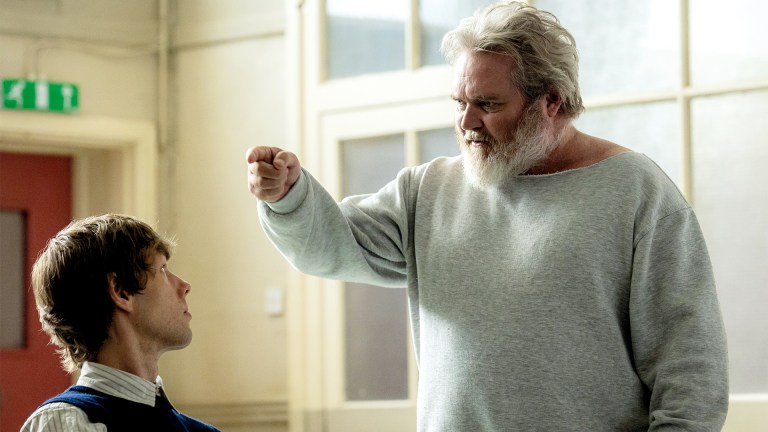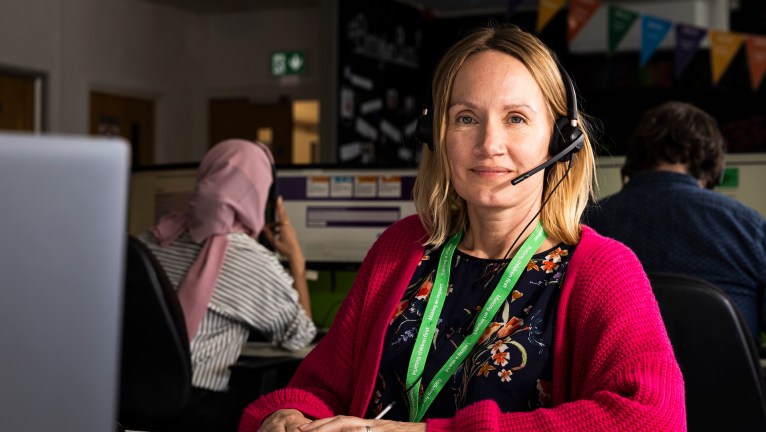They drift up like smoke signals on the horizon. We search eagle-eyed for stories of positive turns.
Look there, South Korea one day reports no new cases. And over that way, the death toll is steadily dropping in Spain. Schools are reopening in Denmark. Hairdressers too.
In Switzerland they’re also allowing the barbers to dust down their chairs.
When, like me, you have become little more than a hairball with eyes, that is succour. And I think it’s OK to say so. There is a bit of fear over holding up such things as both missed and important in the teeth of ongoing agonies of loss that so many face, in life and in livelihoods.
But we need the light and must allow it to run through the cracks.
In this week’s edition of the magazine (#1408, out May 7), there is a simple paragraph that asks: Are you missing football? I have read it perhaps half a dozen times getting the magazine ready, and each time I shout out loud YES, YES I DO! as if it were the first time. Each time feeling the same stab of longing.






